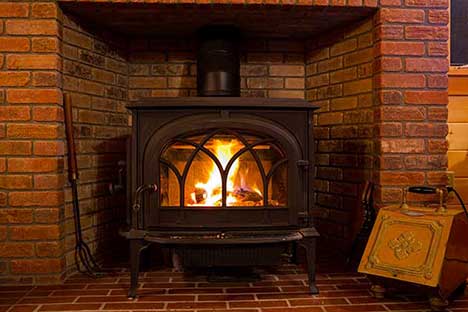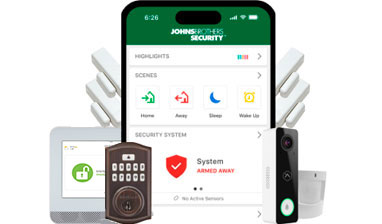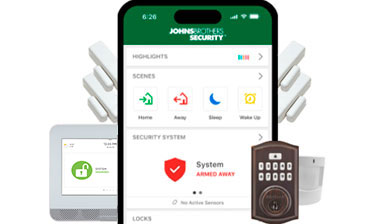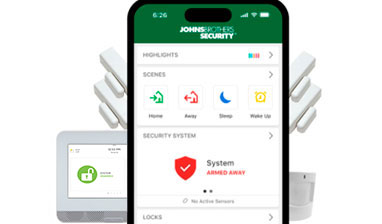
The weather’s getting colder and you’re ready to turn on the heat and resume using the fireplace or wood stove. Half of home heating fires occur during the months of December, January, and February. Act now on these tips to avoid a fire in your home.
Check smoke alarms
Smoke alarms reduce the chances of dying in a fire by 50 percent so make sure you have at least one on every level of your home, including one in each bedroom and right outside each bedroom. Check the battery every month or invest in detectors with ten year batteries, which covers the full life of the device. After ten years, replace all smoke alarms with new ones. (Write their dates on the mounting plate as a reminder.) Even better than individual smoke detectors are networked detectors that sound the alarm throughout the house, making sure that everyone will hear it. While you’re at it, install carbon monoxide detectors to protect your family from the deadly gas that a malfunctioning furnace or a poorly-drawing fireplace or wood stove might produce.
Have your furnace or boiler, fireplace, and wood stove inspected and serviced every fall before you start using them. If you use space heaters, position them at least three feet from anything that can burn, and turn them off when you leave the room. Keep a screen in front of your fireplace at all times. To reduce the buildup of creosote in your fireplace or wood stove chimney, burn only dry, seasoned hardwoods like oak, ash or maple. Do not throw fireplace or wood stove ashes in the trash, as hidden embers could still be present. After the fire is completely out and the ashes have cooled, scoop them into a metal-lined, covered container and place it at least 10 feet away from any buildings.
Escape plan
Only one in three families has an escape plan, according to a National Fire Prevention Association survey. Draw a map of the whole house and indicate every exit, including doors and first-floor windows. Map out two ways to exit the room if possible. Choose a spot outside, far enough away from the house, where the whole family will meet if separated in a fire. Designate a point person who will get small children, elderly, or handicapped people out of house. Teach children the “get low” method of avoiding smoke inhalation and how to test a door with the back of your hand to see if it’s hot. Invest in fire escape ladders for rooms above the ground floor. Do not go back into the house for any reason. And practice, practice, practice.
Fire alarm system
Add fire protection to your home security system. Monitored smoke detectors and heat detectors will alert the system of a possible fire, sound the alarm, and contact your local fire department even if you’re not home. Not only does this enhance your safety, it can also reduce the cost of your home insurance.
To add life safety systems to your home in Virginia Beach, Norfolk, Chesapeake, Suffolk and all over the Outer Banks, contact Johns Brothers Security.

Our most complete package features protection, automation, and video delivered to your smartphone.

Our most popular smart security package features more than protection – it’s your pathway to home automation.

The essential security package features affordable protection with a wireless connection.
Get a free consultation and the latest smart home tips & tricks